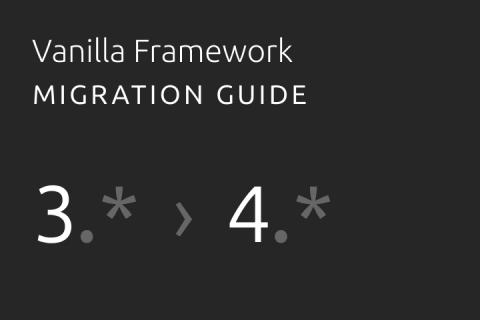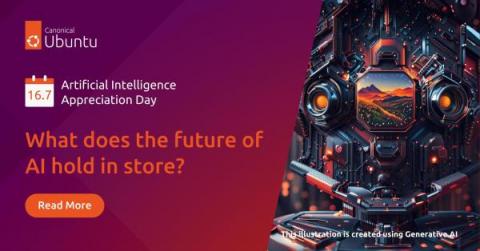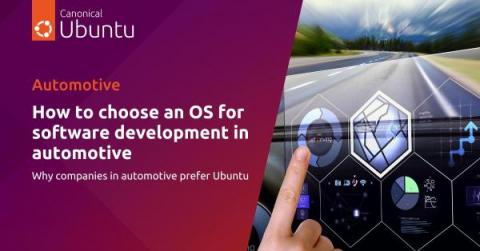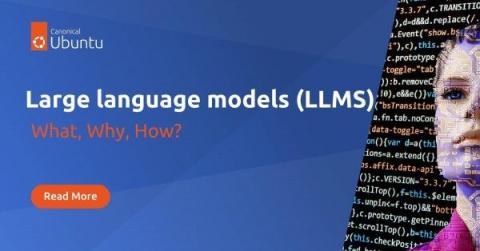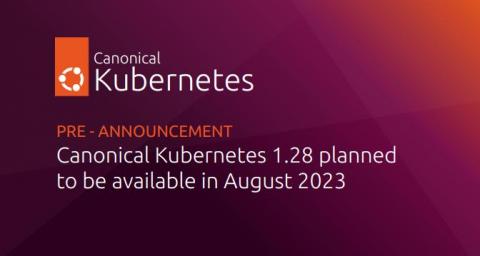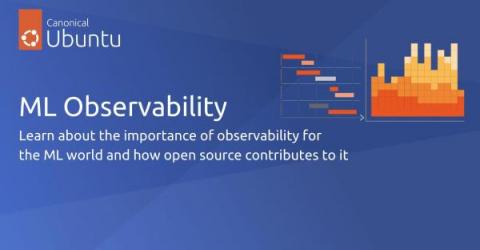Why and how to use Rust on Ubuntu
Rust has been the language most loved by developers for the last 8 years and it is seeing increased adoption by software companies of all sizes. However, its many high-level rules and abstractions create a steep initial learning curve which can leave the impression that Rust is the preserve of a select few but this couldn’t be any further from the truth. Let’s examine why Rust is often a great choice and take a look at how to get started with it on Ubuntu.





